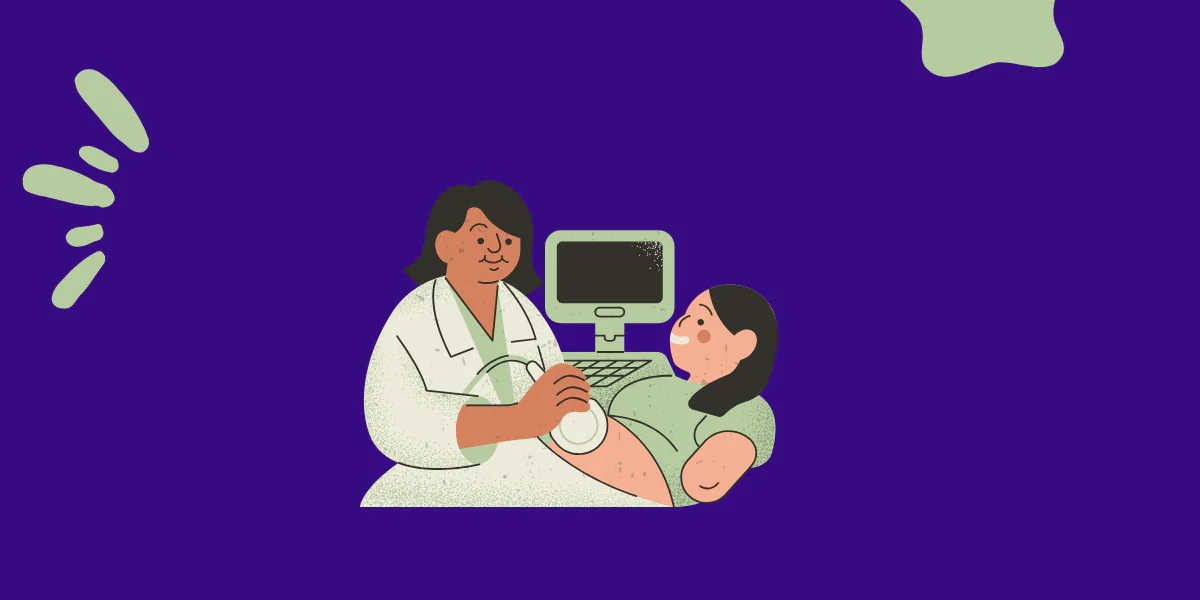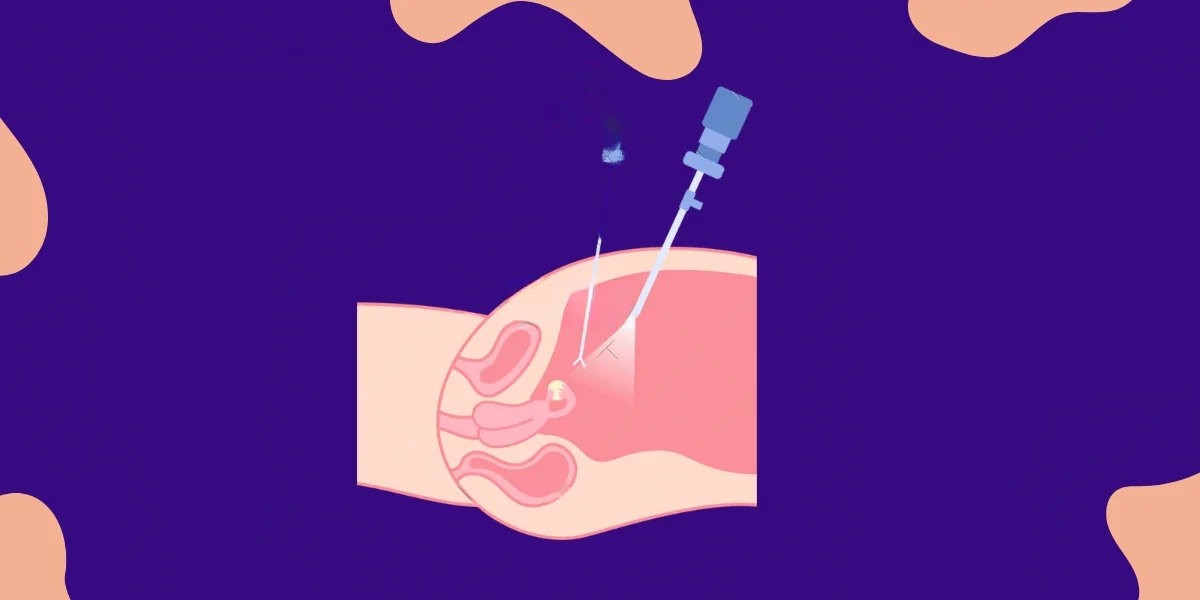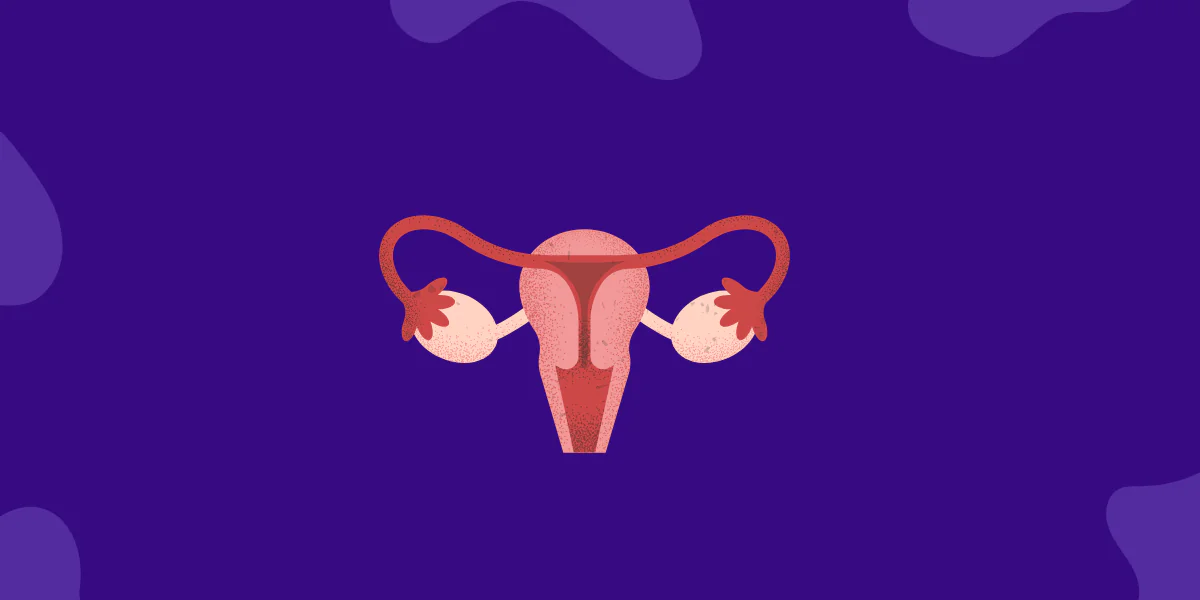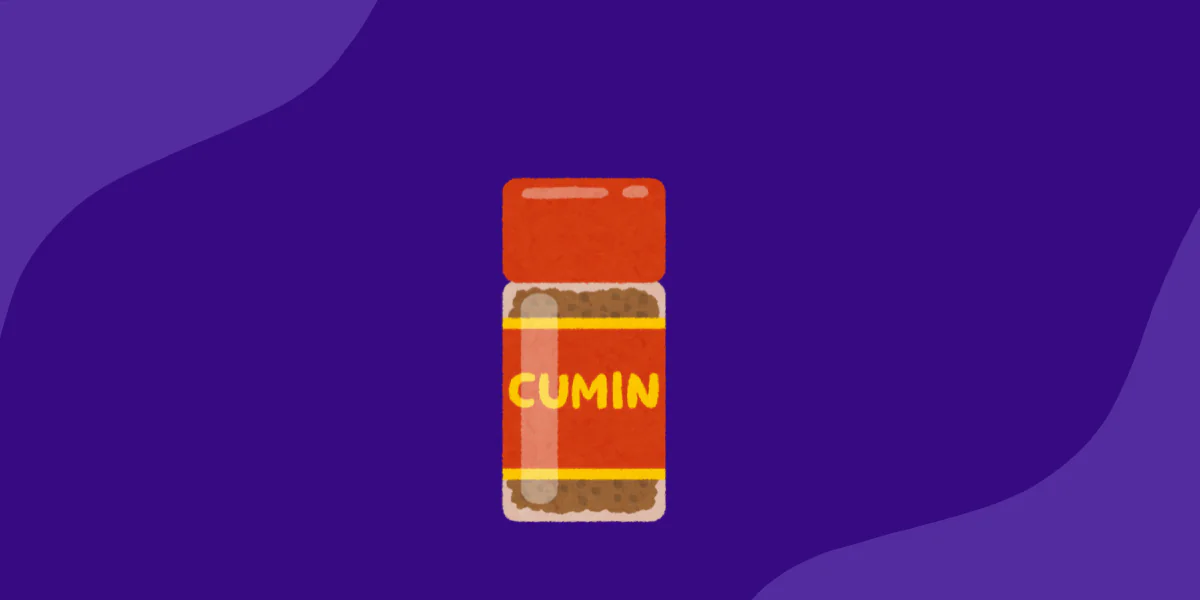Maintaining women’s health is crucial, and regular visits to a gynecologist play a key role in this process. Many women may feel hesitant to visit a gynecologist due to various reasons, including embarrassment or fear. However, certain signs indicate that it’s time to seek professional help. If you see these 5 signs, understand that you need to talk to a gynecologist; otherwise, your health may deteriorate.
1. Irregular Periods
Experiencing irregular menstrual cycles can be more than just a minor inconvenience; it may indicate underlying health issues.
- What It Means: Irregular periods can signal hormonal imbalances, polycystic ovary syndrome (PCOS), thyroid issues, or even pregnancy complications.
- Local Context: According to a study published in the Journal of Obstetrics and Gynaecology of India, nearly 30% of Indian women report menstrual irregularities at some point in their lives.
- When to Consult: If your cycles become significantly longer, shorter, or more painful, it’s time to see a gynecologist.
2. Unusual Discharge
Vaginal discharge is normal, but changes in its appearance or odor can indicate a problem.
- What to Watch For: If you notice changes in color (yellow, green, or gray), consistency (thick or curd-like), or a strong, unpleasant odor, these can be signs of infections, such as bacterial vaginosis or sexually transmitted infections (STIs).
- Statistics: According to the World Health Organization (WHO), around 25% of women in India experience STIs, making awareness crucial.
- When to Consult: Any significant changes in discharge should prompt a visit to the gynecologist.
3. Severe Pain During Menstruation
Menstrual cramps can be common, but severe pain that disrupts daily activities should not be ignored.
- Understanding Dysmenorrhea: This condition may indicate underlying issues such as endometriosis or fibroids.
- Local Findings: Research indicates that 60% of Indian women report significant menstrual pain, yet many do not seek medical advice.
- When to Consult: If over-the-counter pain relief is insufficient or if the pain worsens over time, consult a gynecologist.
4. Pain During Intercourse
Experiencing pain during sexual intercourse, known as dyspareunia, is not normal and can signify various health concerns.
- Potential Causes: This could be due to vaginal dryness, infections, or more serious conditions like endometriosis.
- Awareness: Many women may feel uncomfortable discussing this issue, but it is essential for maintaining sexual health and relationships.
- When to Consult: If you regularly experience pain during intercourse, it’s important to speak with a gynecologist for an accurate diagnosis and treatment options.
5. Changes in Breast Health
Breast health is an important aspect of women’s health, and any changes should be addressed promptly.
- Signs to Watch For: Lumps, changes in size or shape, or unusual discharge from the nipple can indicate issues ranging from hormonal changes to more serious conditions like breast cancer.
- Local Statistics: The Indian Council of Medical Research indicates that breast cancer is the most common cancer among Indian women, making awareness crucial.
- When to Consult: If you notice any concerning changes in your breasts, schedule a visit with a gynecologist immediately.
Conclusion: Don’t Ignore Your Health
Recognizing these signs is crucial for maintaining optimal health. If you see any of these five signs, don’t hesitate to consult a gynecologist. Early detection and intervention can make a significant difference in your health outcomes. Remember, your well-being is paramount, and seeking professional help is a proactive step toward a healthier future.
Take charge of your health today! If you notice any of these symptoms, make an appointment with a healthcare provider who can offer guidance and support tailored to your needs.
Read also: 5 Signs of Blocked Fallopian Tubes You Shouldn’t Ignore
Medical Disclaimer: This article is for informational purposes only and is not a substitute for professional medical advice. Always consult with a healthcare provider for personalized recommendations.




















